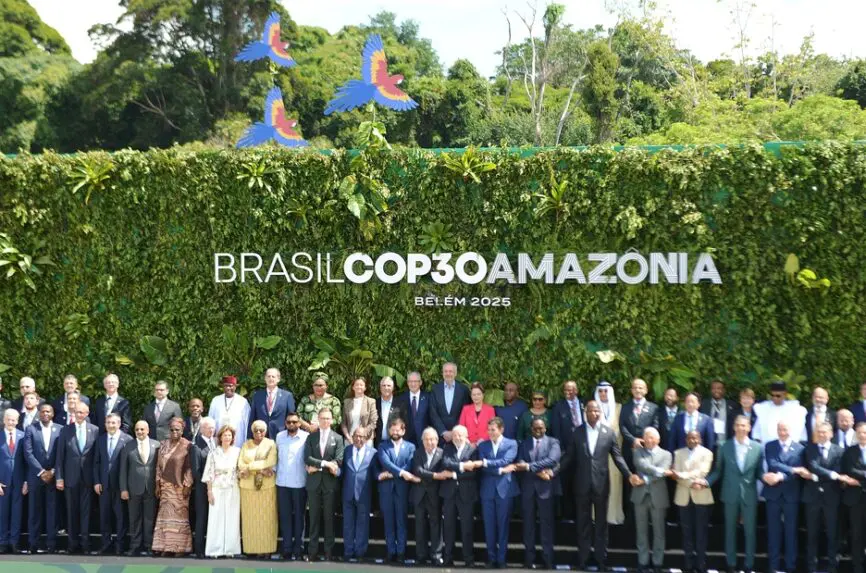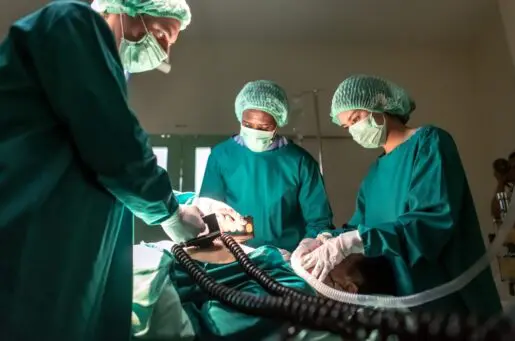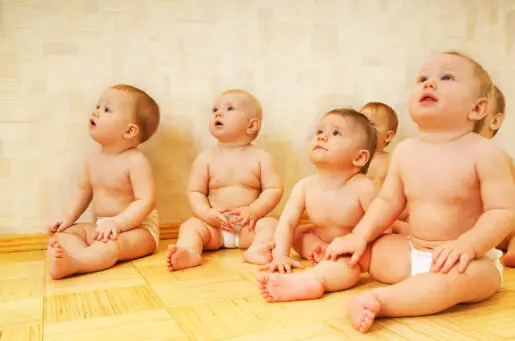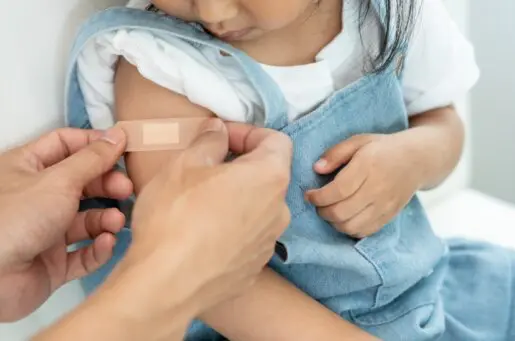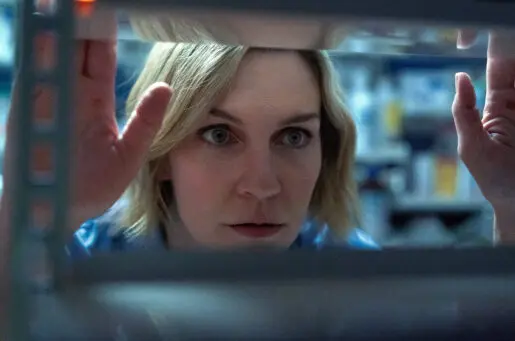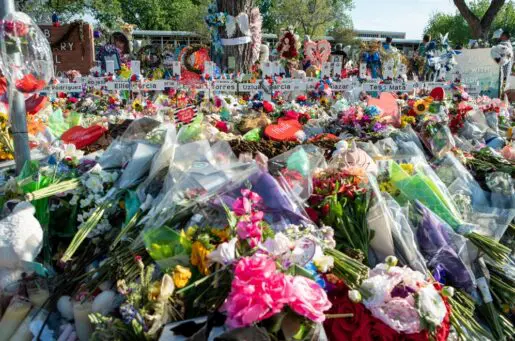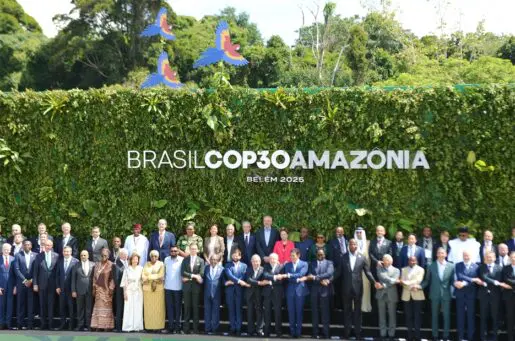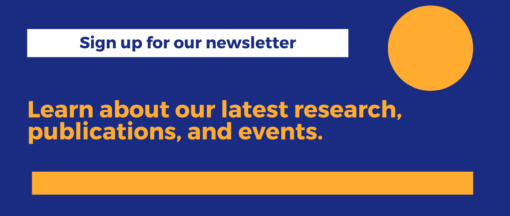Bioethics Forum Essay
What COP30 Can Learn from Climate Bioethics
From November 10 to 21, world leaders, scientists, heads of nongovernmental organizations, and civil society leaders are in Belem, Brazil for the 2025 United Nations Climate Change Conference, more commonly known as COP30. The main challenges they will discuss include aligning the commitments of developed and developing countries in response to climate finance, refining emission reduction targets, and addressing the impacts of climate change on vulnerable populations.
Just as Bill Gates outlined what he wants everyone at COP30 to know, as he justified shifting the focus of his philanthropy from reducing emissions to prioritizing climate adaptation and human development, we want to highlight what we know about climate bioethics for COP30. We agree with Gates’s focus on climate adaptation and understand mitigation to be a vital part of that. And we believe that climate adaptation should involve an expansive notion of building resilience for people and communities.
We led the CREEi-Hastings Center Climate Bioethics Program. Climate bioethics is the study of how climate change impacts human, nonhuman, and planetary health and welfare and it seeks to identify and interrogate the ethical issues this generates. We are glad that bioethicists are devoting more attention to climate issues, such as outlining responsibility for climate change, asking how healthcare should change to encourage sustainable practices, and assessing trade-offs between and among different climate actions. Climate bioethics generates healthy debate about how to respond to – and maybe even live well in – a rapidly warming world. Our program aimed to highlight and work through ethical issues in Latin American and Caribbean countries as they address the impacts of climate change.
Climate change jeopardizes human and nonhuman health and most impacts the countries that have contributed least to it. These include small island developing states and low-and middle-income countries, few of which have the resources or capacity to effectively prepare for climate change. Hurricane Melissa’s recent devastation of Jamaica, Dominican Republic, and Cuba demonstrates the real impact of this injustice on people, their homes, their communities, and their culture. More frequent, high-intensity hurricanes are a direct result of climate change caused by human activity, mainly by high-income countries, like the United States, and developing countries with large manufacturing sectors, like China and India, that lead the world in greenhouse gas emissions.
We offer these lessons from our investigations into climate bioethics with Latin American and Caribbean bioethics scholars.
First, those positioned to mitigate large-scale emissions — like the institutions, corporations, countries, and international bodies that produce emissions, and the beneficiaries of those emissions — have the biggest responsibility to do so. It is a moral and ethical responsibility. Those who don’t try to do so are failing to fulfill their duties to avoid harming people and other sentient creatures and to compensate those who are harmed.
Yet we cannot wait for global leaders to act accordingly. In discussions, our Latin American and Caribbean scholars shifted from asking “How can we hold those most responsible for climate change accountable for their actions (or inaction)?” to asking instead “How can we leverage our region’s strengths and creativity to take ethical climate action ourselves?”
This brings us to our second point. Those with less influence have important knowledge about priorities for themselves and their communities and what approaches will work best for them; those with local, national, or international influence should consult and collaborate with them.
Incorporating perspectives and skills from people in small island developing states and low-resource countries in designing and implementing regional climate responses has ethical and practical value. Ethically, it facilitates co-creation, helps counter injustice, and reduces global inequalities. Practically, it builds political will and prioritizes the use of local knowledge, needs, and resources in response strategies, thus strengthening their success and sustainability. Scholars in our Climate Bioethics Program wrote about, for example, shortfalls in international responses to Hurricane Otis in Mexico, which focused on tourists from high-income countries and the travel industry and neglected local tourism-oriented businesses such as artisanal shops, tour companies, and restaurants. Prior efforts to build community resilience could have established disaster preparedness plans for residents.
Third, the agenda of climate adaptation and human development that Gates endorses should be framed as enhancing climate resilience. This, we think, can encompass both mitigation and, as Gates wrote, putting “human welfare at the center of our climate strategies.” Climate adaptation is often interpreted narrowly to refer only to altering the built environment to protect the status quo by, for example, building higher sea walls. But building resilience for people and communities is far more complex than just altering physical infrastructure. We advocate the more expansive notion of resilience, which emphasizes the long-term development of systems and communities’ capacities to anticipate and recover from climate-related shocks while maintaining their essential functions and character.
In addition to strengthening infrastructure, building climate resilience requires investing in human, environmental, and political capital to enhance the capacity of people, communities, and nations to confront climate change. It also entails alleviating structural and environmental injustices that contribute to vulnerability, both globally and locally. We think mitigation is encompassed by resilience insofar as unfettered warming may undermine a resilience agenda. Mitigation refers to steps taken to slow the Earth’s pace of warming, such as transitioning to alternative forms of energy. These steps also make us more resilient: less ocean acidification means less harm to ecosystems that provide food for people and animals and better capacity to feed 8 billion-plus people.
While limited resources may make it seem like these different aspects of climate resilience are in tension, we do not, in principle, see any conflict among pursuing mitigation initiatives, infrastructure improvements, political change, economic development, and human development to enhance climate resilience.
Finally, improving lives is a laudable goal, but measuring the success of climate initiatives by measuring morbidity and mortality and reduction of poverty reflects only one perspective on how humans thrive. Our Latin American and Caribbean scholars noted that human health is only one of the ways that climate change threatens people in the region. The loss of ancestral homelands and indigenous ways of living, for example, are not offset by resettling native populations. Shifting outdoor labor to nighttime hours to avoid extreme heat disrupts many other aspects of life.
Mitigation is critical to protecting some of our most important interests and enhancing human resilience. Biodiversity is a source of joy, pleasure, and mental health support for people. Clean lakes and beaches to swim in are important for health and well-being. Wildfires that destroy forests and pollute the air prevent outdoor activities. Aesthetic enjoyment of nature is a significant value, too. More work needs to be done to outline and assess the various trade-offs associated with different avenues towards climate resilience, with global leaders respecting the priorities of local actors.
We hope that COP30 recognizes and builds on the efforts of people from small island developing states and low- and middle-income countries to drive an expansive and inclusive climate resilience agenda.
Carolyn P. Neuhaus, PhD, is a research scholar at The Hastings Center for Bioethics. LinkedIn Carolyn Neuhaus
Cheryl C. Macpherson, PhD, is a professor emerita at St George’s University School of Medicine and a senior research fellow at the Windward Islands Research and Education Foundation in Grenada. LinkedIn Cheryl-Macpherson
Paul Cummins, PhD, is an instructor at the Alden March Bioethics Institute of Albany Medical College. LinkedIn PaulJCummins
